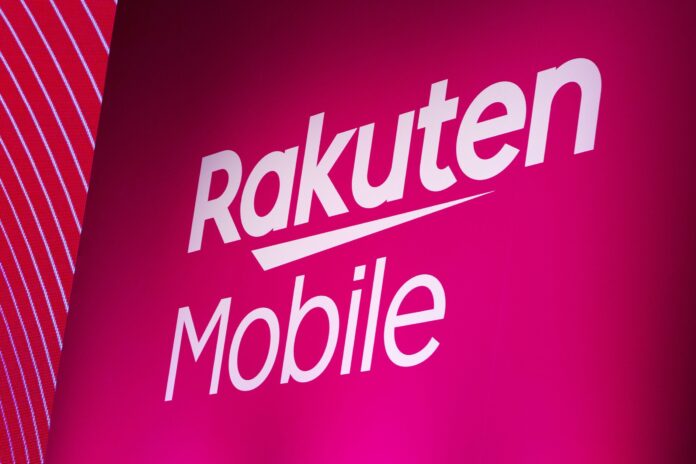Rakuten Mobile said it attracted 192,000 new mobile customers only in October
Japanese operator Rakuten Mobile expects to reach 8-10 million mobile subscribers by the end of 2024, the telco said in its earnings statement.
The telco added a total of 400,000 subscribers since August, ending October with 5.4 million, the company said in its earning statement.
In October alone, the telco said it attracted 192,000 new mobile customers.
Meanwhile, the number of 4G base stations expanded by nearly 10,000 sites year-on-year to about 60,300 at the end of the third quarter of the year, Rakuten Mobile said.
The carrier ended Q3 with a 4G coverage of 98.8% of Japan’s territory.
The operator reported a net loss of JPY81.2 billion ($537.9 million) in Q3, down 31% year-on-year, while its revenues amounted to JPY55.7 billion in the quarter, up 21.6% year-on-year.
The company reported that the quarterly revenue from its software platform Rakuten Symphony climbed 17.2% year-on-year to JPY11.2 billion.
Rakuten Group’s chairman Mickey Mikitani said on an earnings call the company is transitioning from its build phase to one focused on lean and solid management, cost reductions and customer acquisition.
Mikitani also noted that Rakuten Mobile is also looking to improve its mobile coverage by optimizing its current network infrastructure and using 700MHz spectrum early in 2024.
The carrier said the initial 700MHz deployments will take place in urban areas to fill remaining coverage holes that could not be addressed by its 1.7GHz spectrum and roaming deals.
Last month, Rakuten Mobile confirmed that it had received approval from the Minister of Internal Affairs and Communications for its special base station deployment plan to expand mobile services at 700 MHz, also known as the “platinum band.”
Rakuten Mobile said it had submitted this plan for approval in order to ensure fair competition in Japan and foster the further growth and development of telecommunications networks in the Asian country.
The Japanese government had previously said that Rakuten Mobile was the only company to apply for the 700 MHz slots during the application period, according to local press reports.
Spectrum bands in the 700-900 MHz range have better indoor building penetration and enable mobile services indoors and outdoors; in Japan, they are currently allocated to local carriers NTT Docomo, KDDI and SoftBank. Rakuten Mobile has not previously had access to frequencies in that range.
Rakuten Mobile has said that the number of subscribers for its mobile carrier service surpassed 5 million as of August 28, 2023.
Rakuten Mobile previously said its spectrum in the so-called platinum band (800/900 MHz) will enable the company to boost 5G coverage in 2024 by making use of existing assets.
Earlier this year, Rakuten Mobile signed a new three-year roaming agreement with rival operator KDDI and its subsidiary, Okinawa Cellular.
Rakuten Mobile said the new roaming deal includes areas not covered by a previous roaming agreement, including high-traffic shopping districts in Tokyo’s 23 wards as well as the cities of Osaka and Nagoya.
Under the terms of the deal, KDDI will continue to provide roaming services for select indoor locations such as subways, underground shopping centers, tunnels and other indoor facilities and rural areas. The new roaming agreement was effective as of June 2023 and extends to September 2026.
The telcos said the new agreement replaces a deal announced in 2018, running to March 2026.

